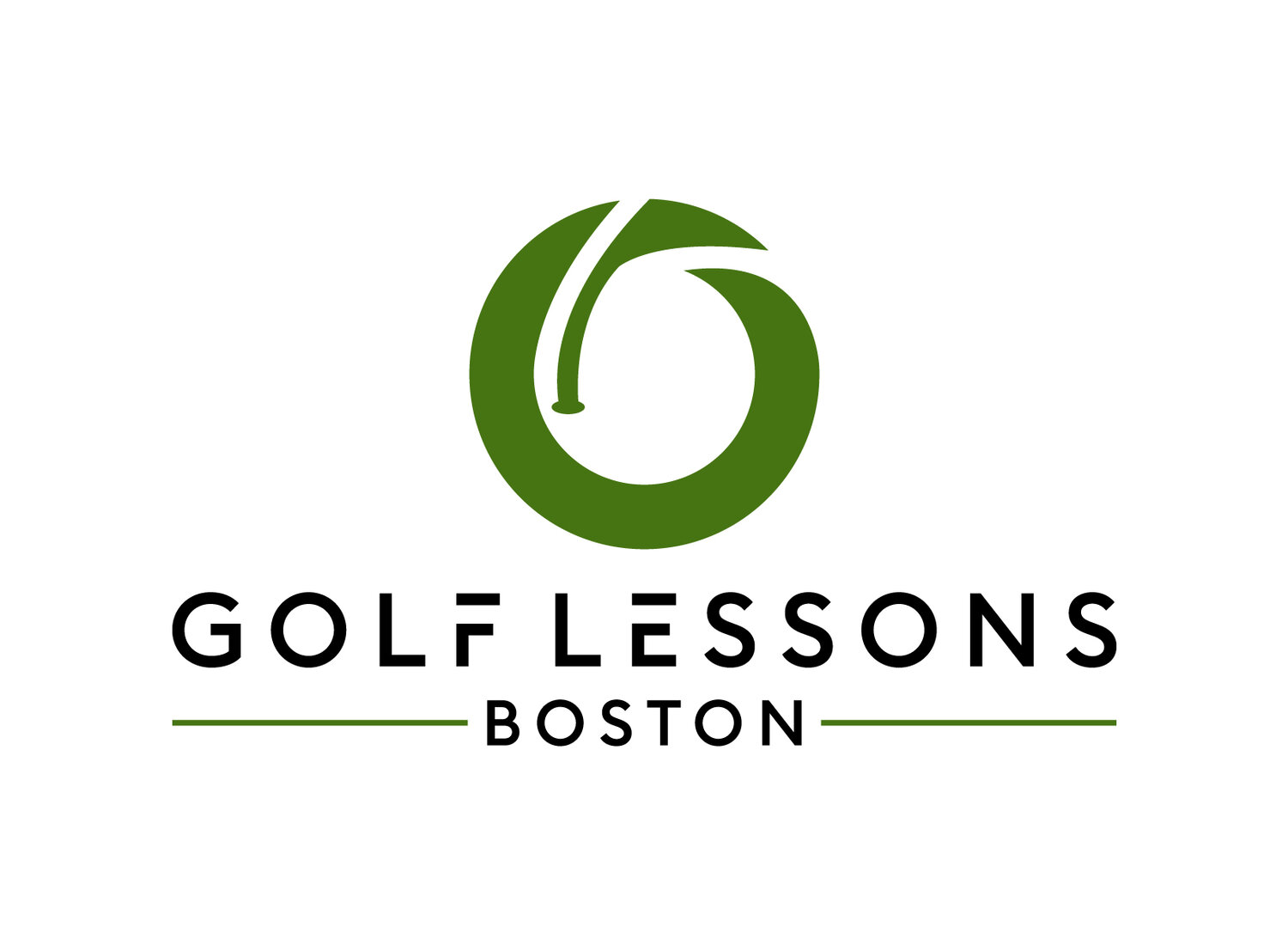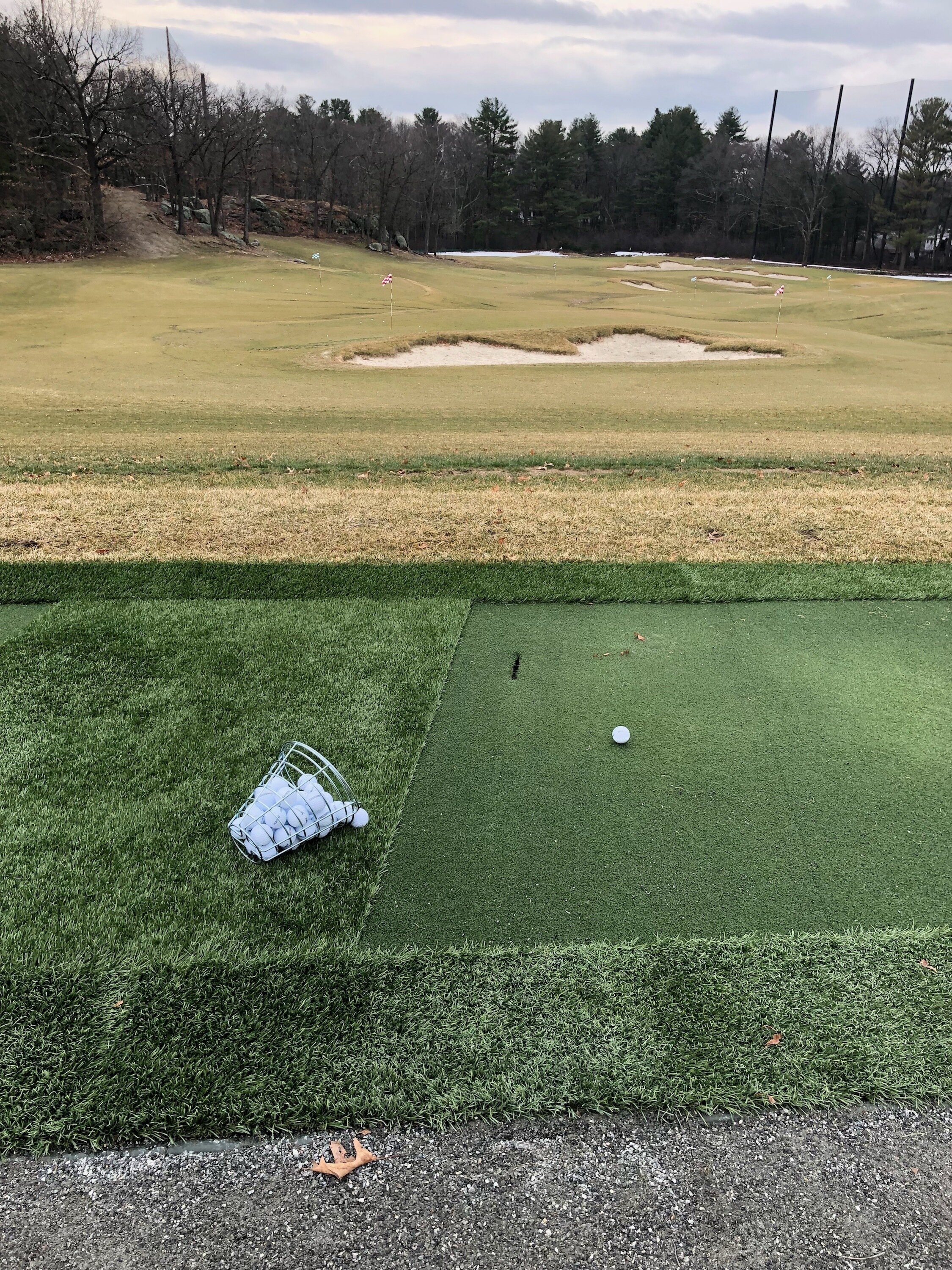What does it take to actually improve your golf game
Type that into Google and you’ll get 355 MILLION results. 90% of those results are likely listicle articles without any depth to them. This has been a question that has vexed me for a while. There is so much that is vague about how to actually improve, considering it is such a statistical game. Literally, in golf, we count strokes that we take from numbered clubs, with numbered yardages. The easiest data to access is the data that shows you how far you should hit each ball. While the tougher data to acquire is for each score - how many FIRs, GIRs, chips, bunker shots, and putts we should take.
However, it seems that every year, golf fitters boast that they can knock 3 to 5 strokes off your game with a set of new irons. A wedge fitting will knock off 2 to 3 strokes. And every year, it seems the manufacturers add 10 yards to the distance their drivers can carry. Oh my, what a simple game! Better yet, if I work on my putting stroke, I can improve my game by X strokes; and, through chipping practice, I can improve by Y.
Despite these “statistics,” we, the amateur, have not improved our scores. While the pros get better, our games remain frustratingly the same. Although all the technology and Artificial Intelligence in clubs, balls, shot tracking, apps, range finders, and putters; we can’t figure out a way to get better.
Here is where I think the problem is:
Finding time to practice is tough
The way we practice at the range is broken
No short game practice
Repeatedly beating balls
Putting greens are constantly empty
The same lie every time
No rhyme or reason for what we do
PGA training means that one organization has done 100% of the training, so only the truly inspired and entrepreneurial coaches have action figured out the formula for people to improve.
Golfers have slept on fitness in favor of beers, hot dogs, and pizza at the turn. Golf fans and announcers jaws drop when they see how strong Brooks Koepka is. He brings so much power and leads a fitness trend in golf. Yet, when we put one of the top 5 golfers in the world next to one of the top 5 basketball players in the world he is dwarfed on every level (just look at these pictures of the two together).
The second best advice I’ve gotten is through books. Repeated lessons is not something that everyone has time for or that everyone has money for. Books are cheap, but I get the feeling people don’t read them for fun. You probably have better things to do than I do.
To me, golf is the ultimate challenge. It is a way to improve the way I live. For instance:
90% of golf happens in between your ears, same is true in real life.
Golf is a true test in how you handle pressure - which prepares you for real world pressure.
Technology can help you get better, but it won’t do everything for you, as is also true in real life.
Golf provides a statistical game in which you can learn how to improve.
The course is always changing. Even the same course will change.
Because of the parallels that I see between golf and real life, I see very little better investment opportunity than to figure out how to get better at golf. I believe it’s Warren Buffet who said, “The best investment you can make is in yourself.” After reading my investment thesis just now, you may think I’m absolutely crazy… I wouldn’t be able to prove you wrong.
The best advice I’ve ever gotten in golf has come from a coach who I was lucky to find. He has helped me go from a 24 handicap to a 16 handicap (and dropping). He has had me focus on all aspects of my game.
Golf is not about the pursuit of birdies, that is for the pros, par is a great score. It’s rare that you meet a scratch golfer, that would mean they average par on a typical course.

